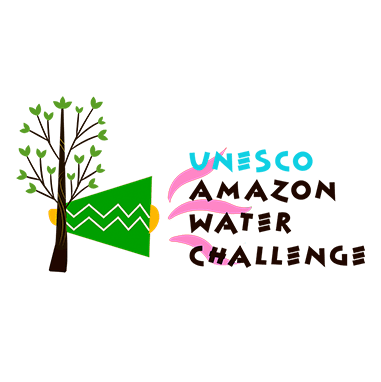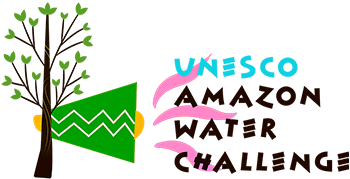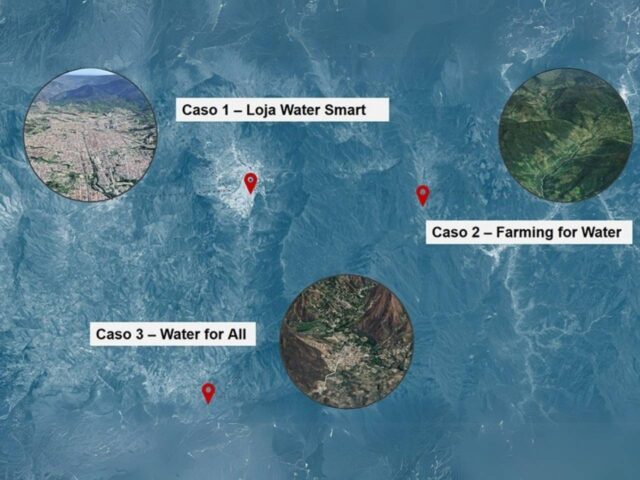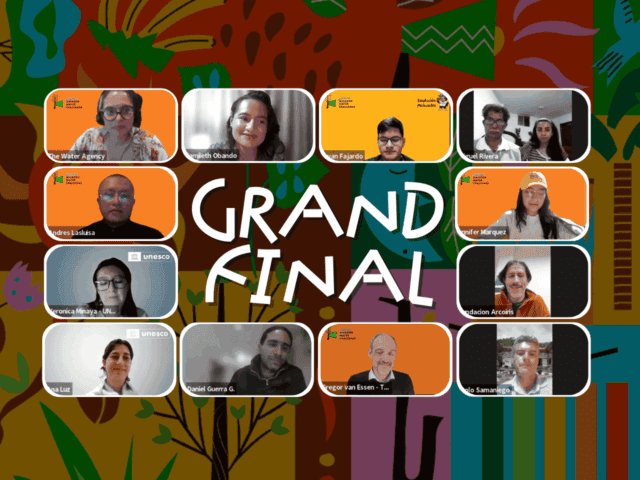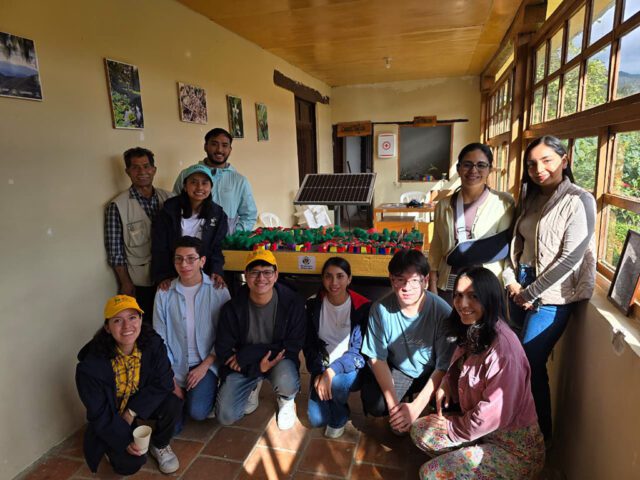After the vibrant welcome meeting, the trainings of the UNESCO Amazon Water Resilient Challenge – Ecuador 2025 are now in motion, with two important sessions already completed. These trainings laid the foundation for participants to understand the region and begin shaping their project ideas.
Training 1: Podocarpus–El Condor Biosphere Reserve
Led by Martín Vega from UNESCO and Ing. Arturo Jiménez from Fundación Ecológica Arcoiris, the session introduced participants to the Podocarpus–El Condor Biosphere Reserve. They shared key information about the area’s biodiversity, unique ecosystems, and cultural significance. The speakers also presented the ongoing water-related challenges facing communities and ecosystems in the region, from water access and quality issues to the impact of land use changes. Participants learned about the stakeholders working on these challenges and how this biosphere reserve connects to wider efforts under UNESCO’s Amazon initiatives.
Training 2: Problem Analysis (Methodology)
The second session focused on equipping participants with a strong analytical foundation. Gregor van Essen and Ana-Clara Cassanti from The Water Agency introduced the concept of problem analysis using the problem tree method. They emphasized the importance of clearly defining water-related challenges before jumping to solutions. Participants explored real examples of how poorly defined problems can lead to ineffective actions and learned how to identify root causes, effects, and interconnections within a water issue. Following the session, teams worked together to apply the problem tree method to their assigned real-world water challenges. This hands-on group exercise lays the groundwork for designing relevant and targeted solutions in the next steps of the program.
Beyond the Training: Self-Paced Online Learning
To reinforce and expand their knowledge, participants have been assigned online, self-paced lectures to complete during the week. These cover the fundamentals of Physical Hydrology, Integrated Water Resources Management (IWRM), and Climate Change and Water. This blended learning approach ensures that each team is equipped with both theoretical foundations and practical tools to begin shaping their solutions.
These first two trainings marked a strong and promising start to the challenge. With a clear understanding of the local context and the methodology to tackle problems effectively, participants are now empowered to move forward as water champions for the Amazon.
